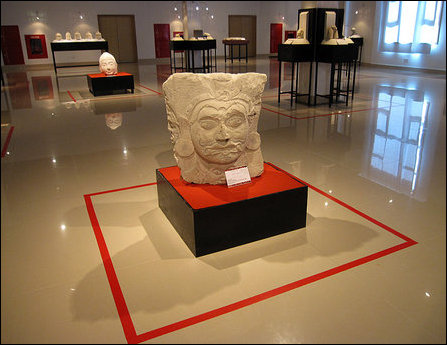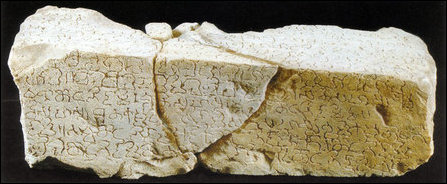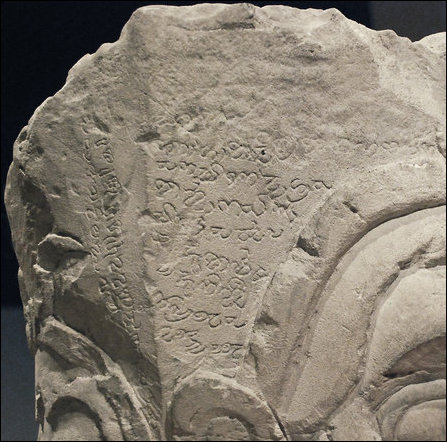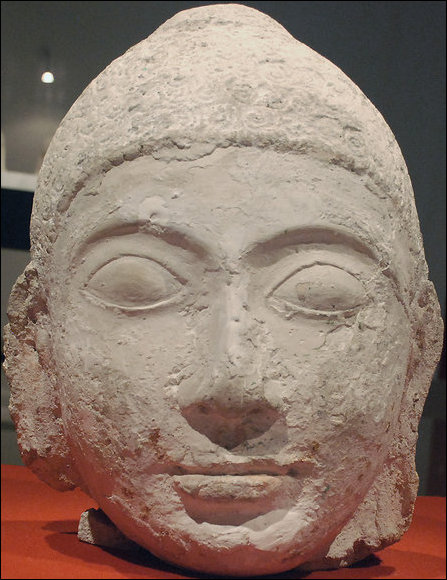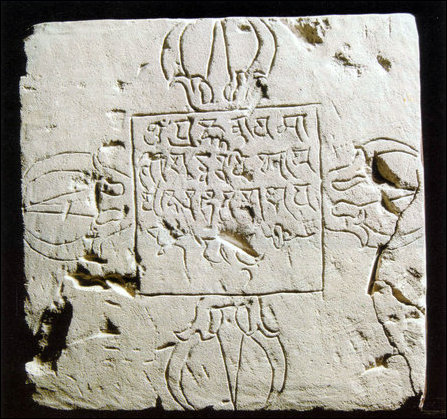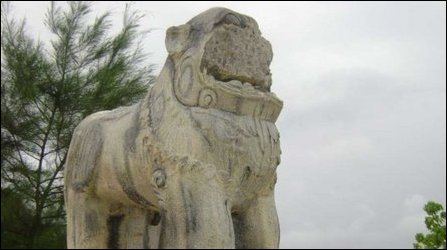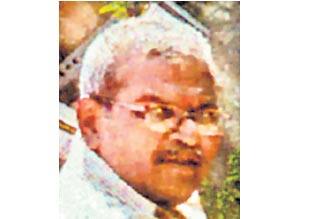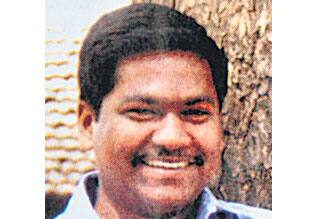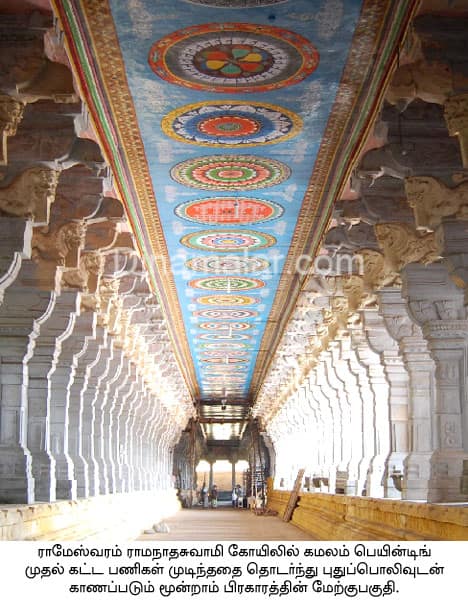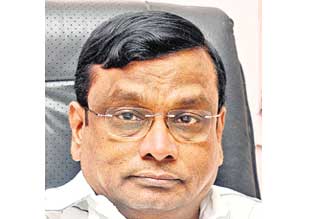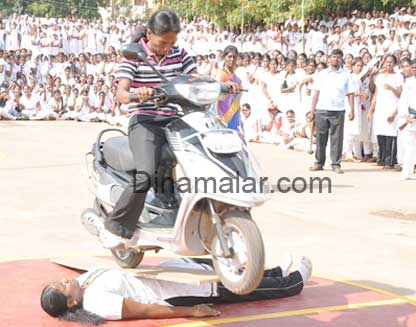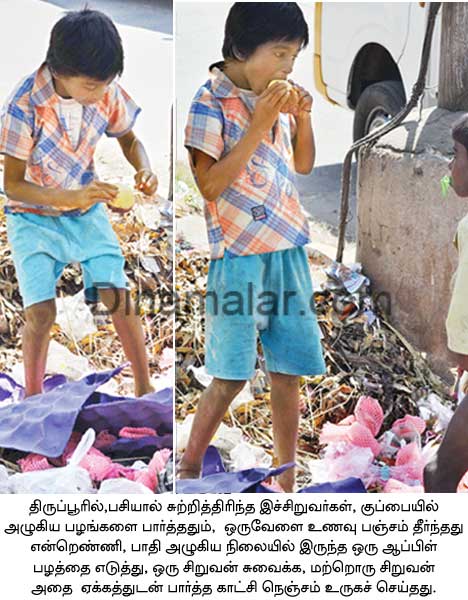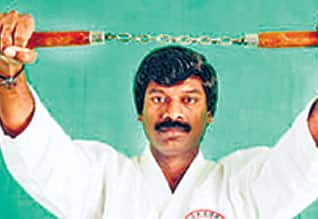[TamilNet, Wednesday, 15 February 2012, 17:26 GMT]
In an exclusive interview to TamilNet on Friday in Oslo, Dr. Gene Sharp, Emeritus Professor of Political Science of the University of Massachusetts, provided some insights on non-violent strategies to be pursued by nations against states and powers that deny them their legitimate rights. “They have to build up some capacity for strength when the regime is trying to take away all capacity for strength from the oppressed people,” he said, adding, “We need to have a wise strategy – not something where you express anger but which achieves smaller victories and finally a big victory.” However, the leading theoretician of non-violent struggle who was not specifically addressing on any of the current struggles, conceded that “The situations are very different for different people of different countries.”
“To plan a strategy, people used to come to us and say, tell us what to do. We don’t do that. We tell them no. Because we don’t know your situation,” Sharp said.
84-year old, Prof Gene Sharp, was in Oslo as a participant in the Human Rights Human Wrongs documentary film festival. An author of over ten influential books, his From Dictatorship to Democracy, published in 1993, is considered as a guidebook for non-violent struggles in many parts of the world, especially in the Balkans and the Middle East.
Sharp is intellectually influenced by the Indian activist M.K. Gandhi and the American thinker Henry David Thoreau. He has been termed a ‘non-violent Clausewitz’ by the mainstream media.
However, Professor Sharp has not escaped criticism. French intellectual, journalist and political activist Thierry Meyssan in 2005 alleged that Sharp and his organisation Albert Einstein Institution had been helping NATO and the CIA to train the leaders of the soft coups. Crediting Sharp with unifying the Tibetan opposition under Dalai Lama, Meyssan alleged that Sharp tried to form a “dissident group within PLO” so that Palestinian nationalists would stop “terrorism”. Professor Sharp responded in an open letter to Thierry Meyssan categorically denying the allegations in 2007.
While some of the world powers that architected the genocidal war against Eezham Tamils are now engaged in pre-emption instead of justice, and hence are anxious whether their hoodwink would lead to another armed struggle, Prof Sharp’s thoughts on non-violent struggle and step by step achievement may find criticism as ways of imperialism’s ‘counterinsurgency’ and are ineffectice against planned structural genocide in the island.
But Sharp’s interview raises some serious issues for Eezham Tamils to ask themselves, whether they have tried their full capacity in the island, in Tamil Nadu and in the diaspora for a non-violent struggle in the given context.
If people are not able to plan a non-violent strategy then they are not able to plan a violent struggle either, Sharp said in the interview.
* * *
Observing that specific contexts require different strategies, Dr. Sharp outlined three broad points:
One needs to know your opponent in depth, including the weakness of the opponent. One needs to know and understand non-violent struggle in depth. One needs to know how to think strategically “like an army officer”.
When asked whether these general points on non-violent struggle could serve as guidelines to all types of tyrannical governments, Dr. Sharp responded that “Not every non-violent struggle succeeds. If the people planning the struggle don’t know what they are doing, if the people do not have a firm base in social institutions, if the people are frightened and weak, if they have become terrorized by the regime, it is likely to fail.”
He also stressed on the need for smaller victories when a big victory seemed impossible.
Dr. Sharp was opposed to the use of violence as he considered it fundamentally not strategic as the opponent usually has vast military capacities than the oppressed people.
When TamilNet asked him about a case of a national liberation struggle of a numerically disadvantaged nation in a state where the dominant nation wields monopoly over violence, he opined that a clear understanding of the context alone can secure victory.
Dr. Sharp was also of the opinion that while the oppressor nation should also ideally wage a non-violent struggle for the rights of the oppressed nation, it cannot be expected to do the same. He placed the onus on the oppressed nation to wage the struggle. The oppressed nation is the one that could cause changes in the oppressor nation, he said.
Since his focus has by and large been on tackling dictatorships, a question was posed on how his strategy would work in the case of a nominal democracy, where an oppressor nation commits genocide, militarizes and colonizes the lands of the oppressed nation. Sharp replied that a non-violent struggle in future would be tough especially if the oppressed nation has had a history of violent resistance.
“The oppressed people need to concentrate on small steps... Build up some control over their own lives. Simple things. Raising their own food, for example. Having their own sources of energy, if possible. Maintaining their language with their young children.”
He was of the opinion that while such a people should be proud of their history, they should not eulogise the violent parts of it adding that “they have to build up some capacity for strength when the regime is trying to take away all capacity for strength from the oppressed people.”
In the occupied territory of Tamil Eelam, steady Sinhala colonization and military presence imposes its language, culture and religious symbols on the native people in an attempt to destroy their identity.
Dr. Sharp argued that in such conditions the people should not submit to learning the foreign language when it was imposed on them and small community units and families must constantly persist in preserving their language. He also highlighted the positive role religion can play in preserving a sense of community.
He also gave suggestions for the diaspora of such a people to use creative means to connect to the people in the homeland and to broadcast their condition to the world. Sharp opined that the diaspora must also educate the people in the world Establishments that help the oppressive state, of the conditions in the ground and their aims, cautioning of starting with ‘huge objectives’.
It is critical not to play in the hands of the enemy, Sharp said.
* * *
Some of the observations of Sharp are orientated to conditions in the New World, and ancient nations in the Old World threatened by an internationalized paradigm of annihilation have to think of specific strategies to suit them.
For thirty years Eezham Tamils have tried a non-violent struggle and for another thirty years they tried an armed struggle.
The State of Sri Lanka and the powers that backed it for whatever the reasons, have set a new global paradigm in the way the war has been ended.
This is totally a new situation for a national struggle to adopt a non-violent struggle. It would have been enlightening if Shrap had said something on handling the new global paradigm as such that was experimented on Eezham Tamils by all the powers of the world and the UN.
The struggle of Eezham Tamils is not anymore confined to the State of Sri Lanka or to the Sinhala nation. The struggle has to challenge the new paradigm and the powers that back it, if we identify the ‘enemies’ correctly.
The thinking groomed in the South of the island for ages is a simple formula that Sri Lanka belongs to the Sinhalese and only Tamil Nadu in India belongs to the Tamils. The ancient nation of Eezham Tamils of its own evolution and identity in the island never figures in their imagination.
Therefore, there need to be no illusion about any military solution or political solution coming from the South ultimately aiming for genocide and structural genocide.
Genocide not necessarily mean the killing of an entire people, as some try to argue against genocide in the island say and as even Prof Sharp agrues generally.
Killing even a part of a people in large numbers is genocide, according to its legal definition. What Sri Lanka did in the pogroms and military operations of more than 50 years, and ultimately at Mu’l’li-vaaykkaal, were a clear case of genocide.
They were intended for the total annihilation of Eezham Tamils as a nation of its own territory in the island, through a structural genocide to be followed– colonial, psychological, cultural and ‘development’. All remaining Eezham Tamils should eventually become Sinhalese if they want to survive in the island, is the message that repeatedly comes and is implied in the LLRC report.
Eezham Tamils cannot have a land for them, all land belongs to all, is the stand of the dominant nation intends to do away with the other.
The struggle of Eezham Tamils therefore finds no comparison with those of the blacks in the USA or in South Africa (minority in a multi-ethnic New Nation or aparthied-affected majority in a colonial-made State).
Losing their land is death-blow to the nation of Eezham Tamils.
Eezham Tamils at no stage of their struggle could afford to drop their identity as a nation, its claim of sovereignty and the right to self-determination, for the sake of ‘small victories’ or for showing to others that they don’t have ‘huge objectives’.
In fact, the primary aim of the enemies is to make Eezham Tamils forget the fundamentals. The paradigm challenge lies in the fundamentals.
It is now for the internationally-accused to reach out with alternatives if they want, and they may succeed if they are honest and sincere. But, that is not going to happen.
Prof. Sharp agrees to the extent that in cases of natoinal oppression the opressed should preserve language and religion, and resist learning an imposed language.
If preserving identity is important, in the context of Eezham Tamils they have to strictly maintain the Eezham Tamil identity and resist to the imposed ‘Sri Lankan’ identity. This could be easily done if the diaspora and Tamil Nadu are psychologically determined about it.
Meanwhile, Eezham Tamils have to count India out, if they want separation to protect them, is the position of New Delhi.
As the major player in the region, the struggle of Eezham Tamils may have to be primarily addressed against New Delhi.
The strength of Eezham Tamils at the end of the Vanni War is their moral victory that has brought Sri Lanka and all the international players to face universal accusations of crimes.
If Tamils have to opt for a non-violent struggle, the primary question that arises is that to what extent they have translated this strength into a massive mass movement of global nature in demanding ultimate political justice – not merely war crimes justice, as some try to deviate. According to the deviators, the war was not wrong, the intentions of the war was not wrong, but only the way it was conducted was wrong.
Even the Tamil Nadu State Assembly has deviated the directions of the struggle in this respect.
Eezham Tamil political circles in the diaspora still don’t think of continuing the momentum and solidarity shown by the masses during the war into a global non-violent movement, demanding liberation.
Another strength of Eezham Tamils in a non-violent struggle, that is not available to many other struggling nations, is the strength of Tamil Nadu, global Tamils and a world-wide Eezham Tamil diaspora – if Tamils could overcome dissension conspired by their enemies.
To what extent this strength has been mobilised with a coordinated political agenda is the question.
If a non-violent struggle means building capacity of strength through independent institutions, to what extent our existing political parties in the island and political or social movements in the diaspora have a vision to achieve it without falling victims to the ‘development’ agenda of the detractors of our cause.
In the given context of the nature of oppression in the island, the model of non-violent struggle discussed by Prof. Sharp should first begin in Tamil Nadu, especially against New Delhi, if any success encouraging and directing Eezham Tamils towards a healthy non-violent struggle could be expected, commented a political science analyst from Tamil Nadu.
External Links:
 செந்தமிழ்க்காவலர் சி.இலக்குவனார் அவர்களின் பெயர்த்தி திருவள்ளுவன் ஈழமலர் – வா.பாலாசி திருமண விழா தி.பி 2043 மாசி 7 ஆம் நாள் ( 19.02.2012) அன்று சென்னை மயிலாப்பூரில் நடைபெறவுள்ளது.
செந்தமிழ்க்காவலர் சி.இலக்குவனார் அவர்களின் பெயர்த்தி திருவள்ளுவன் ஈழமலர் – வா.பாலாசி திருமண விழா தி.பி 2043 மாசி 7 ஆம் நாள் ( 19.02.2012) அன்று சென்னை மயிலாப்பூரில் நடைபெறவுள்ளது.


 செந்தமிழ்க்காவலர் சி.இலக்குவனார் அவர்களின் பெயர்த்தி திருவள்ளுவன் ஈழமலர் – வா.பாலாசி திருமண விழா தி.பி 2043 மாசி 7 ஆம் நாள் ( 19.02.2012) அன்று சென்னை மயிலாப்பூரில் நடைபெறவுள்ளது.
செந்தமிழ்க்காவலர் சி.இலக்குவனார் அவர்களின் பெயர்த்தி திருவள்ளுவன் ஈழமலர் – வா.பாலாசி திருமண விழா தி.பி 2043 மாசி 7 ஆம் நாள் ( 19.02.2012) அன்று சென்னை மயிலாப்பூரில் நடைபெறவுள்ளது.